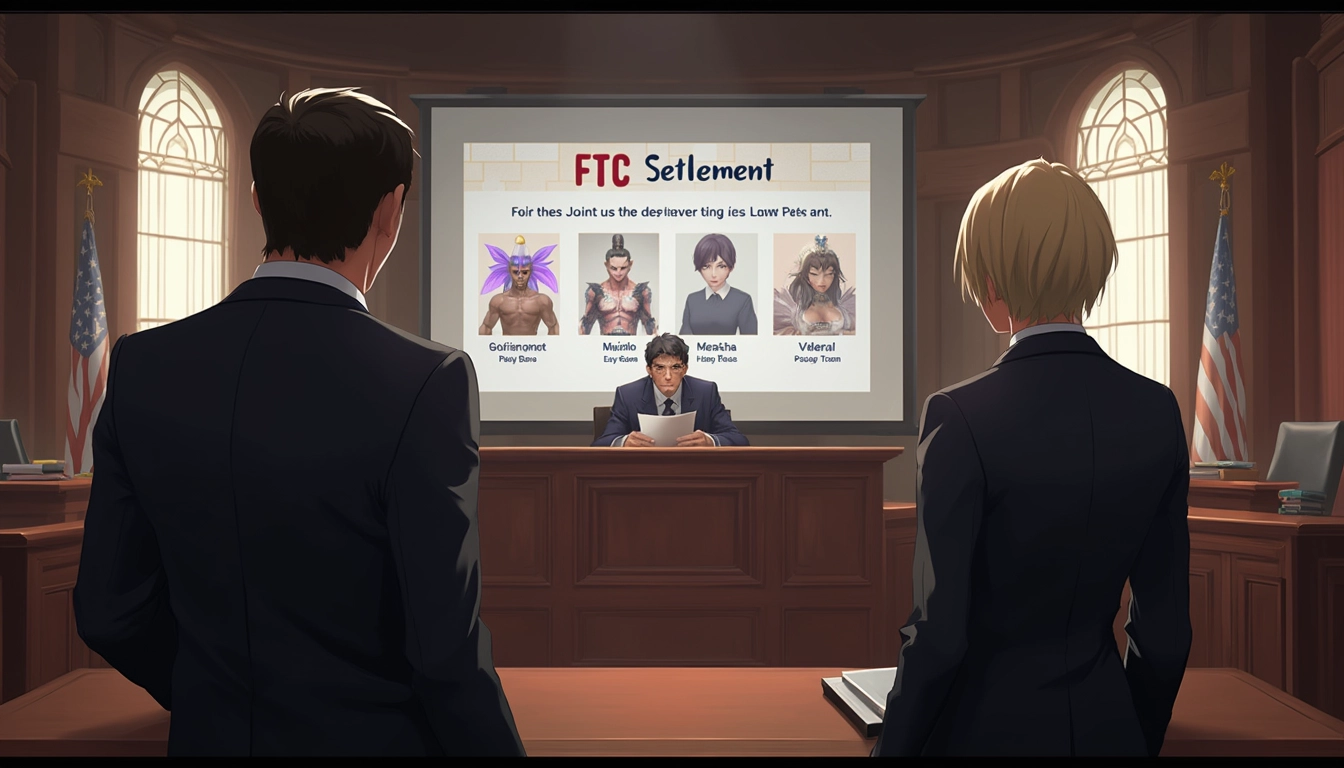
FTC Fines Genshin Impact Developer 20M Over Loot Box Practices
The Federal Trade Commission’s landmark settlement with HoYoverse, developer of Genshin Impact, marks a significant shift in gaming industry regulations regarding loot box mechanics. The $20 million fine and strict restrictions on selling loot boxes to minors under 16 highlight the growing scrutiny of monetization practices in free-to-play games.
Table of Contents
Key Takeaways:
- HoYoverse faces a $20 million fine and must obtain parental consent for loot box sales to under-16s
- The settlement requires transparent disclosure of real money costs and prize odds
- Players spent significant amounts through a complex virtual currency system
- The ruling sets a precedent for industry-wide regulations on loot box mechanics
- Children under 13 receive additional protection through COPPA compliance requirements

Understanding the Settlement Impact
The FTC’s investigation into Genshin Impact’s monetization system revealed concerning patterns in how the game implemented its gacha mechanics. The settlement addresses deceptive practices that led players, particularly young ones, to spend hundreds or thousands of dollars chasing rare characters and items.
Financial Implications and Player Reimbursement
The $20 million penalty represents one of the largest settlements in gaming industry history related to loot box mechanics. Some players affected by these practices may be eligible for reimbursement, though specific details are still pending. The gaming industry’s financial landscape continues to evolve as regulations tighten.
New Requirements for Transparency
Under the settlement terms, HoYoverse must implement several key changes:
- Clear disclosure of real money costs for virtual currency
- Transparent odds for all loot box items
- Explicit parental consent mechanisms for users under 16
- Enhanced COPPA compliance for users under 13
Industry-Wide Implications
This settlement sets a significant precedent for the gaming industry, particularly for titles using gacha or loot box systems. The future of gaming monetization may need to adapt to these stricter standards.
Automation and Compliance
For game developers looking to stay compliant with new regulations, automation tools can help manage consent systems and transparency requirements. Latenode’s automation solutions can assist in implementing these necessary changes efficiently.
Looking Forward
The gaming industry faces a pivotal moment in addressing predatory monetization practices. This settlement establishes clear guidelines for protecting younger players while maintaining profitable business models. The focus on transparency and parental oversight marks a positive step toward more ethical gaming practices.


